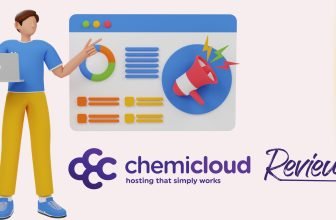To SQL, Or NoSQL? That Is The Question

Choosing a database is an important decision for your business. Deciding between a relational data structure vs a non-relational data structure is incredibly important. Though both options are incredibly viable, there are some differences that business owners should be aware of. We have put together a list of differences that will help you decide where you want to utilize a SQL or NoSQL cloud database for your business.
The Difference is in The Language
Imagine for a second that there is a town. We'll call it town alpha for reference. Everyone speaks the same language in this town and all businesses revolve around this specific spoken language. Changing this language would fundamentally disrupt the way things are done and create chaos.
Now imagine a different town. We'll call this one town beta in contrast to the first one. There is no universal language in this town and organization comes and goes. However, it runs efficiently with everyone being able to focus on what they know specifically.
This will help bring to light the fundamental differences between SQL and NoSQL. Let's look at how this metaphor plays a big role should impact your final choice.
SQL Databases
This type of database utilizes a structured query language to help define data. It is incredibly powerful and is considered one of the most versatile options available on the market for companies that store data. However, it can also be restrictive. Similar to town alpha, this type of system runs optimally on one fundamental rule of “language”. SQL requires users to use predefined schemas that will determine your data's overall structure. Additionally, your data must follow this structure in order for it to function. This can be restrictive and means that any change to your distributed database could be difficult to achieve.
NoSQL Databases
On the contrary, NoSQL thrives when it comes to an unstructured data model. Data is stored in a NoSQL model in various ways that a SQL database cannot fully utilize. Here are a few examples of how this unstructured model works.
Documents can be created without defining their structure
Documents can have their own structure
Syntax can vary and does not have to be universal
How Do They Scale?
SQL databases are vertically scalable. This means that you have the ability to increase a single server's load by increasing CPU output, or RAM and SSD speed. In contrast, NoSQL databases scale horizontally. What this means is that these types of databases can handle an increase in traffic by adding more servers to the database or sharding. NoSQL databases have the advantage when it comes to picking a choice for a data set that is ever changing.
The Verdict
SQL servers are great for companies that can predict the way that their data will be handled. Prediction is the key as any fundamental change can be difficult to implement into the system. However, NoSQL databases are great for companies that find themselves with an ever-changing data set that works better in an unstructured environment. Use this guide to help you determine what is the best choice for your company before you proceed blindly.





